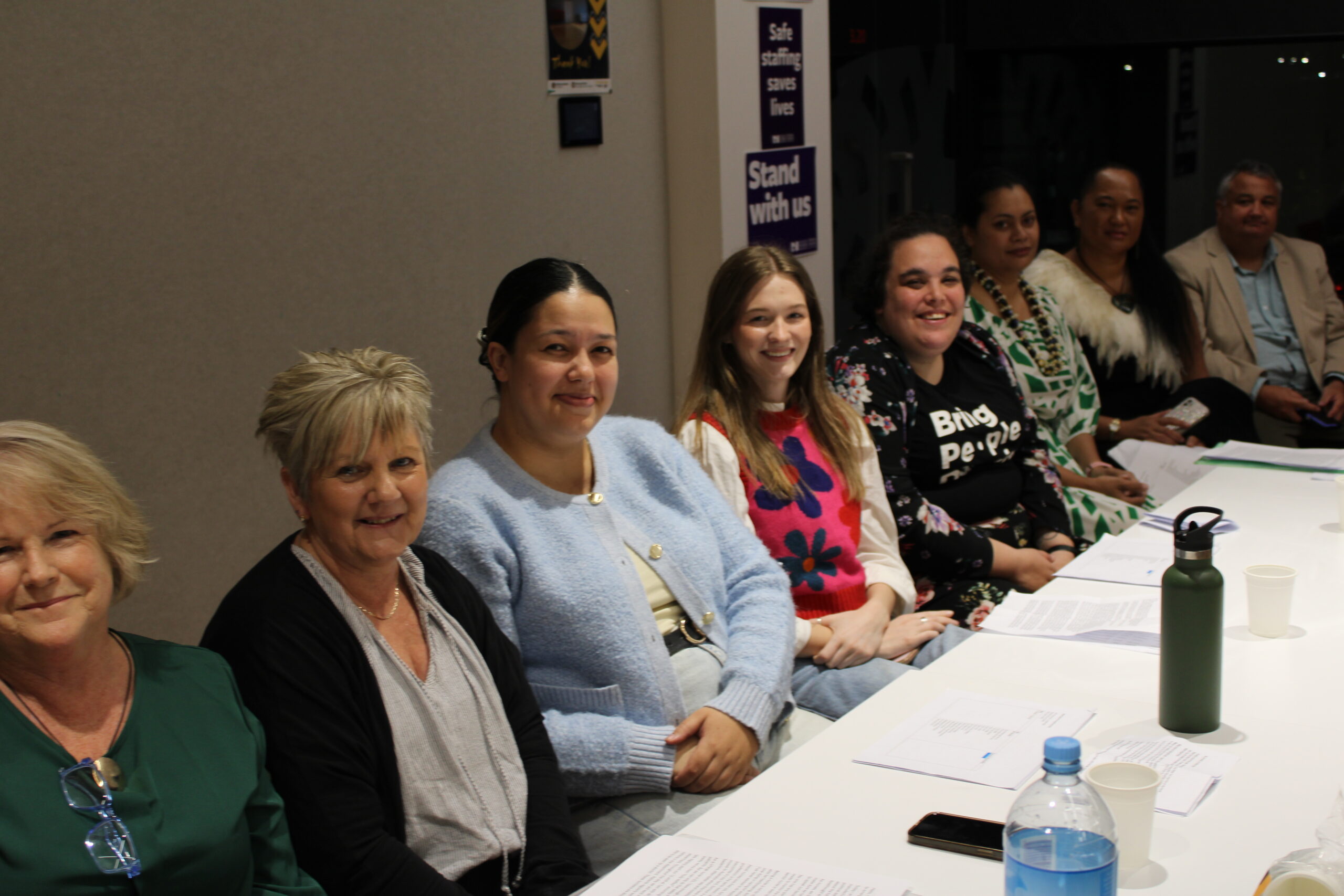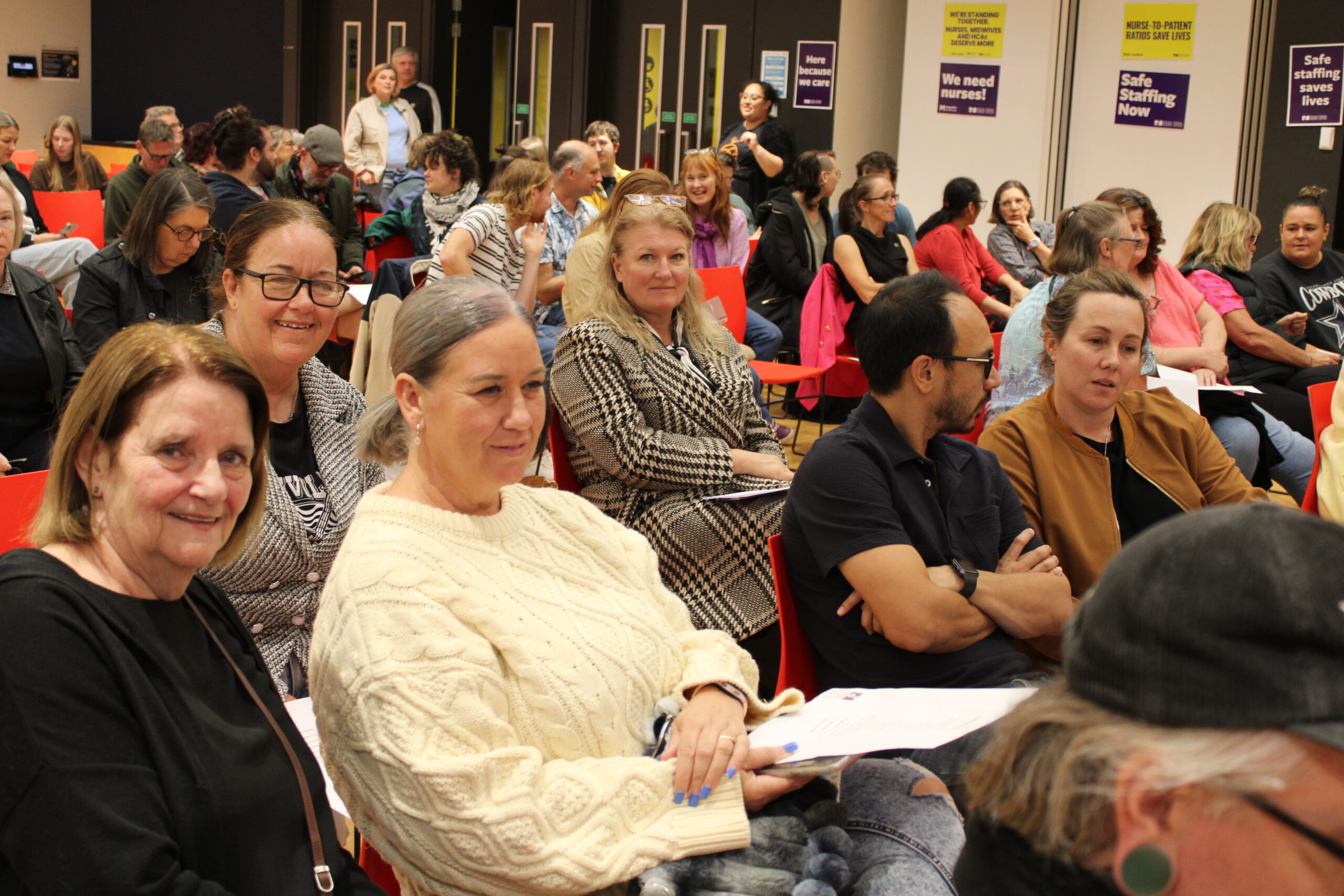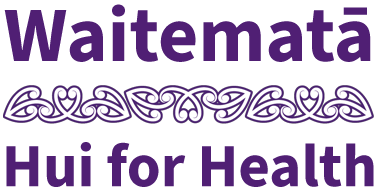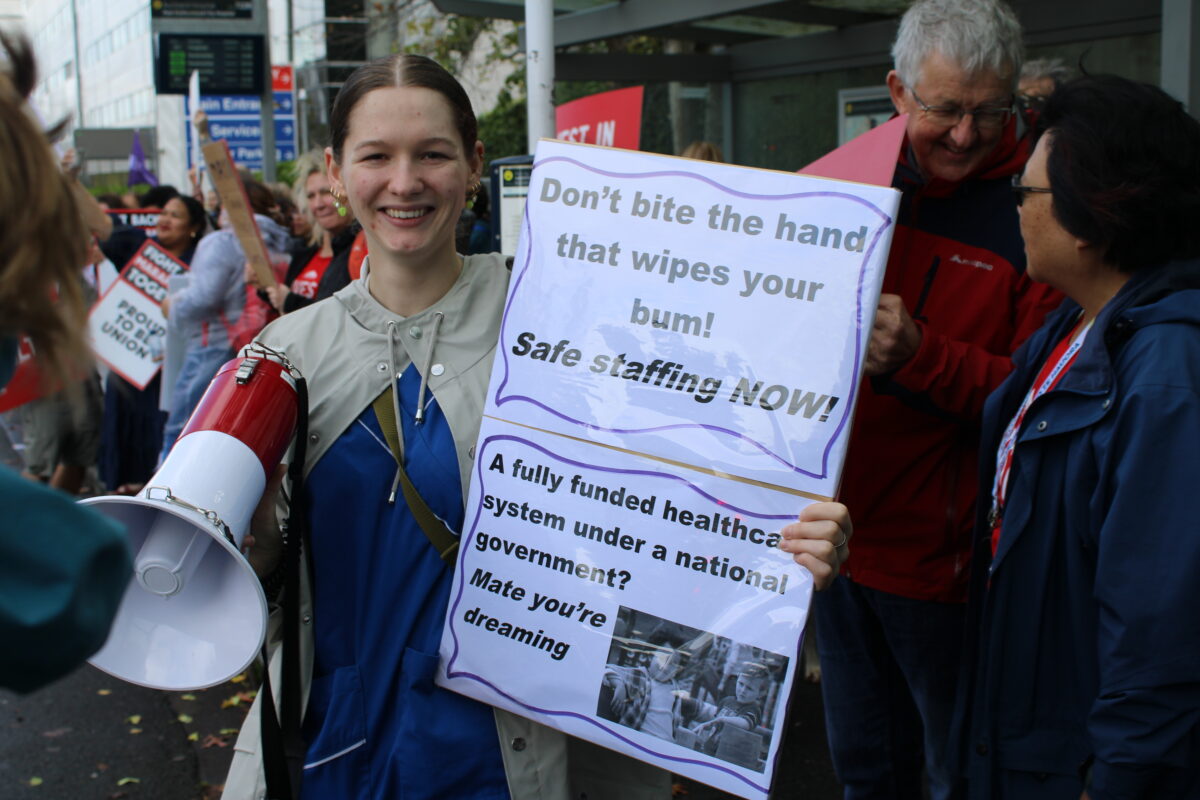When I interviewed for my first nursing job about 18 months ago, I told them my passion was caring for others.
This is still true — however it is becoming increasingly difficult to provide the quality of care I strive towards.
The Government has claimed they are investing more than ever in health — but it is not enough.
This is not only dangerous for my patients but it is also absolutely soul-crushing for me.
We are still grossly underfunded and understaffing plagues our hospitals. This is dangerous for both staff and patients.
We desperately need more funding for more staff.
A day in the life of a nurse
To give you a better understanding of what unsafe staffing looks like, I will tell you about my average shift as a ward nurse.
I arrive at work 15 to 30 unpaid minutes early to ensure I can properly plan my shift. Within the first two hours, I am responsible for receiving handover, medications and checking the vital signs of at least five patients.
That doesn’t include additional patient needs such as feeding, repositioning and toileting.
The rest of my day involves additional medications and infusions, taking bloods and inserting intravenous lines; providing education to patients and their families; documenting my care; discussions with other health professionals; and further observations.

Rarely do I have the time to offer my patients a shower.
Too often patients will wait more than 10 minutes to get off the toilet because I am too busy to help them. Too often their medications are delayed because I have been too busy. Too often their dressing changes are delayed because they are time-consuming and time is something we are always short of.
Understaffing means I am forced to provide substandard nursing care to my patients.
The decision-makers do not have to look into the eyes of elderly men and women who are in pain.
This is not only dangerous for my patients but it is also absolutely soul-crushing for me.
We nurses are the ones that have to field complaints from patients and their families about how they haven’t been showered or waited too long on the toilet — not the Government, not Minister of Health Simeon Brown, not Prime Minister Christopher Luxon.
The decision-makers do not have to look into the eyes of elderly men and women who are in pain from sitting on a hard plastic chair for 20 minutes feeling like we nurses don’t care. We care more than they know but all we can do is our very best with what we have, which is not enough.

And, this is all on a day when we only have five patients — sometimes we have six. That leaves us just one hour and 20 minutes per patient which, when you think about all the tasks I have just mentioned, is clearly not enough.
We generally have seven or eight nurses on shift. Te Whatu Ora considers us fully staffed with nine — but we need at least 10 to deliver the kind of care our patients deserve.
At my hospital, we have many empty wards with no one to staff them.
At my hospital, we have many empty wards with no one to staff them. All while patients are lining up in emergency department (ED) corridors and sleeping in our day lounges with hand bells to alert staff of their needs.
National has claimed they have overhauled the health system to reduce
bureaucracy. However what you don’t see is the hoops that have to be jumped through to hire the nurses and health-care assistants (HCAs) we so desperately need. The delays create a severe bottleneck.
We are not only facing increased work-related stress, emotional distress and decreased work satisfaction.
Understaffing is leading to physical pain. I am 22 years old with chronic back pain and I frequently get home with sore joints and aching legs from spending the majority of my eight-hour shift on my feet — and I am not the only one.
This is not good enough. This is a political choice. The choice has been made to prioritise tax cuts over our nurses and health-care system. Something needs to change. Now.
- Sophie Tomes is a registered nurse and NZNO delegate born and raised in West Auckland working within the public health system. This article was adapted from a kōrero she gave at the May Day strikes and rallies and hui for health in Waitematā in April. The next hui is on May 15 in Ōtautahi/Christchurch.
See also nursing student Megan Budgen’s kōrero: Students are sleeping in cars and: We are burning out by nurses Imelda Rokoua and Ngakokotoru Ngaporoveta.





